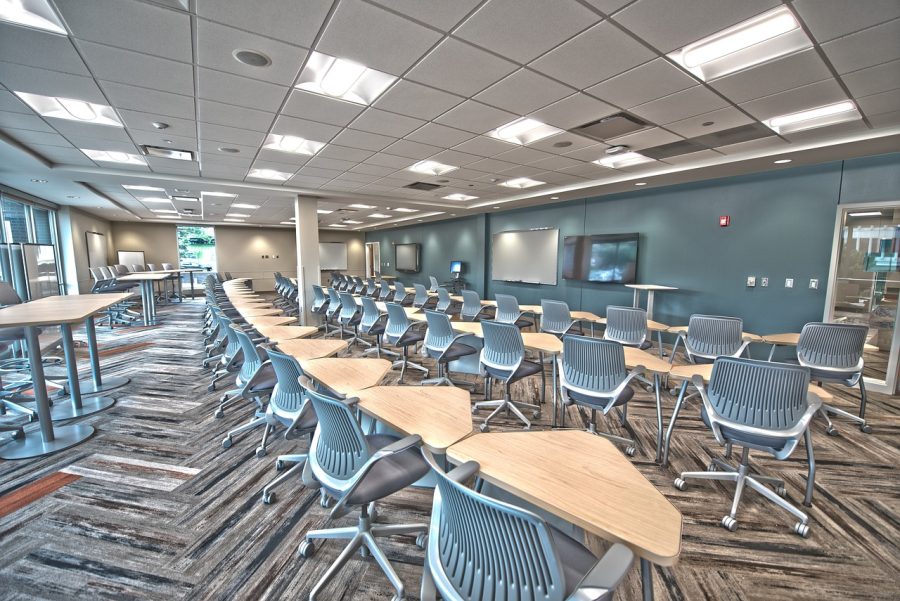Miscommunication Delays Promised Free Periods for Sophomores
Creative Commons Attribution 4.0 International License.
The sophomore class (’25) had to wait 70 days past when they were promised free periods for the promise to be fulfilled.
April 30, 2023
After multiple unsuccessful class meetings with little communication with the sophomore body, for the entirety of the third quarter the 2025 class was left with the promise of free periods that didn’t actually come to fruition until April 3rd – two months and nine days after the start of the second semester. Initially, the sophomore class was told that their study hall classes – which students are required to attend and stay at during the entirety of the period – for the second semester would be transformed into free periods, an unstructured time that students can use as they choose.
However, little fault can be attributed to the administration and class presidents. The extended waiting period was primarily caused by a miscommunication between Executive Committee (EC) and administration members. Although no one person or body can be blamed, the miscommunication between EC and administration members is not inevitable, nor should it be occurring.
Sophomore class president Sophie Moussapour explained that “The student body was under the impression – myself included – that we were granted frees for second semester; however, I think the administration was under a different presumption, and I think it was just a miscommunication because we were expecting to get something that we didn’t.”
It’s not uncommon for the Masters administration to face criticism for a lack of communication with the student population. In the past, incidents such as threats or social media pages have highlighted the trouble with communication to the student body. It’s worth noting that even though the administration has faced criticism for their communication issues, historically, they have shown a strong commitment to listening to the student population and taking their concerns seriously. Even the mere existence of organizations such as Executive Committee shows the school’s commitment to hearing student voices.
Additionally, it’s important to recognize that communication only works as a two-way street. Although the administration should always attempt to continuously improve their communication efforts, students also have a responsibility to engage with the school and provide constructive feedback.
It’s commendable that the administration has created various ways for students to voice their opinions and be involved in the decision-making process – an extraordinarily important part of curating an environment where students feel heard. However, as with every organization, there is always room for improvement. This recent miscommunication with the sophomore class highlights the need to be proactive and attentive in communicating with students.




